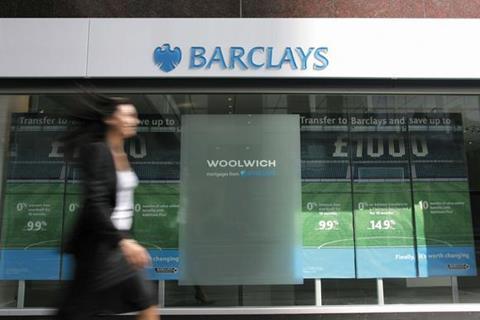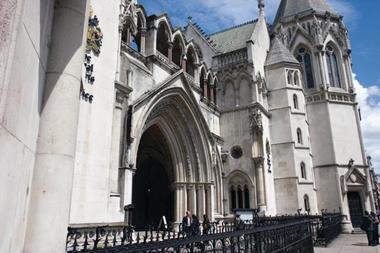Issues of trust threaten two of Britain’s High Street banks

Britain’s High Street banks once again find themselves under intense scrutiny with the reputation of two of the country’s biggest lenders at risk.
The scandal which has engulfed Barclays after it was fined £290m by regulators in the US and UK for attempting to rig inter-bank lending rates on the Libor and Euribor, today claimed its biggest scalps with the resignation of its Chief Executive Bob Diamond and the departure of Chief Operating Officer Jerry del Missier.
In a statement announcing he was leaving, Diamond said: “My motivation has always been to do what I believed to be in the best interests of Barclays. No decision over that period was as hard as the one that I make now to stand down as Chief Executive. The external pressure placed on Barclays has reached a level that risks damaging the franchise - I cannot let that happen.”
The problems at Barclays first emerged last week at a time when another key British bank, NatWest, also found itself facing the wrath of the public after glitches with the institution’s IT system saw many customers unable to access or move their money.
This had serious implications for some people attempting to pay their mortgages or other bills.
According to Professor Garry Honey, author of “A Short Guide to Reputation Risk” and managing partner of CHIRON consultants, while the reasons behind the difficulties faced by the two banks were different, the overall reputation damage they share is similar.
“Trust placed in these banks has been shown to be misplaced and there is understandable anger from those who feel let down and misled,” he said.
“The degree of reputation damage depends on the scale of response from those affected: ranging from revulsion or outrage through to surprise or disappointment.”
While some disgruntled customers have voted with their feet as a result of the NatWest crisis, the situation at Barclays could have even more serious implications.
“The political fallout is not far behind with increasing calls for more effective regulation of banks,” Professor Honey said.
“The Vickers report last year recommended the separation of high street and investment bank operations, but the Government kicked the timetable into the long grass. It will certainly have to retrieve it quick. The public clamour for action cannot now be shut out by financial sector lobbyists, the reputation of ministers is now at risk from contamination by this scandal.
“For those who don’t believe reputation is a significant strategic risk, the recent events prove them wrong. The risk of damage and consequential loss is real even if the value-at-risk itself cannot be measured in advance. Analysis of reputation damage incidents over the past 10 years shows damage severity correlates neatly with degree of audience shock.”




















No comments yet